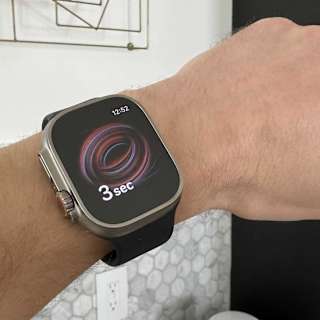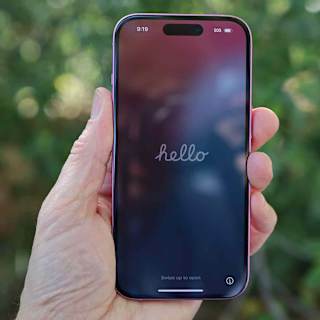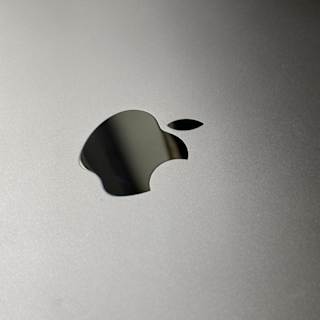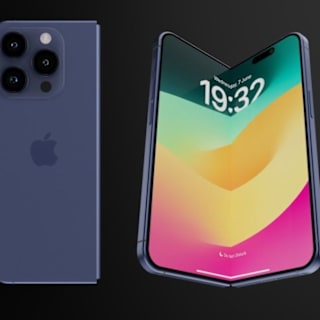- Apple's Ambitious Wearables Strategy
- Technical Challenges and Market Competition
- Broader Vision Strategy
Apple will launch its first smart glasses in 2027, targeting the second quarter for mass production of Ray-Ban-style spectacles that represent the company's entry into the rapidly growing wearable technology market, according to industry analyst Ming-Chi Kuo.
The glasses will feature voice and gesture controls, built-in cameras, audio playback capabilities, and artificial intelligence-powered environmental sensing, but will not include a display. Apple projects shipments of 3 to 5 million units in the first year, positioning the product as a potential replacement for some smartphone camera and wireless earbud functions.
Kuo's analysis, released Monday, reveals Apple is developing seven different head-mounted devices as part of what the company views as "the next major trend in consumer electronics"1. The smart glasses represent the first phase of a comprehensive product rollout that extends through 2028, with no new head-mounted devices planned for 202623.
The announcement comes as Apple faces intensified competition in the smart glasses market. Meta's Ray-Ban collaboration has proven unexpectedly popular, while Google prepares to launch Android XR smart glasses4. Apple CEO Tim Cook has reportedly made augmented reality glasses a "top priority," with sources telling Bloomberg's Mark Gurman that Cook is "hell bent" on beating Meta to market with true AR capabilities5.
Apple's timeline represents a shift from earlier reports suggesting a 2026 launch12. The company has encountered technical hurdles, including battery efficiency challenges and weight constraints that forced delays in related projects34. A planned display-equipped accessory for Mac and iPhone has been paused due to these engineering obstacles3.
The glasses will incorporate a custom Apple-designed chip based on Apple Watch technology to ensure all-day battery life1. Multiple frame materials and design options are planned to appeal to different consumer preferences35.
Beyond the initial smart glasses, Apple is developing more advanced products including extended reality glasses with liquid crystal displays planned for 202812. The company also expects to release an updated Vision Pro headset with an M5 processor later this year, targeting 150,000 to 200,000 units2.
Kuo predicts the smart glasses category will reach 10 million units across all manufacturers by 2027, with Apple's entry expected to accelerate market adoption2. The product represents Apple's attempt to establish a foothold in wearable technology while developing the underlying technologies needed for more advanced augmented reality applications.
